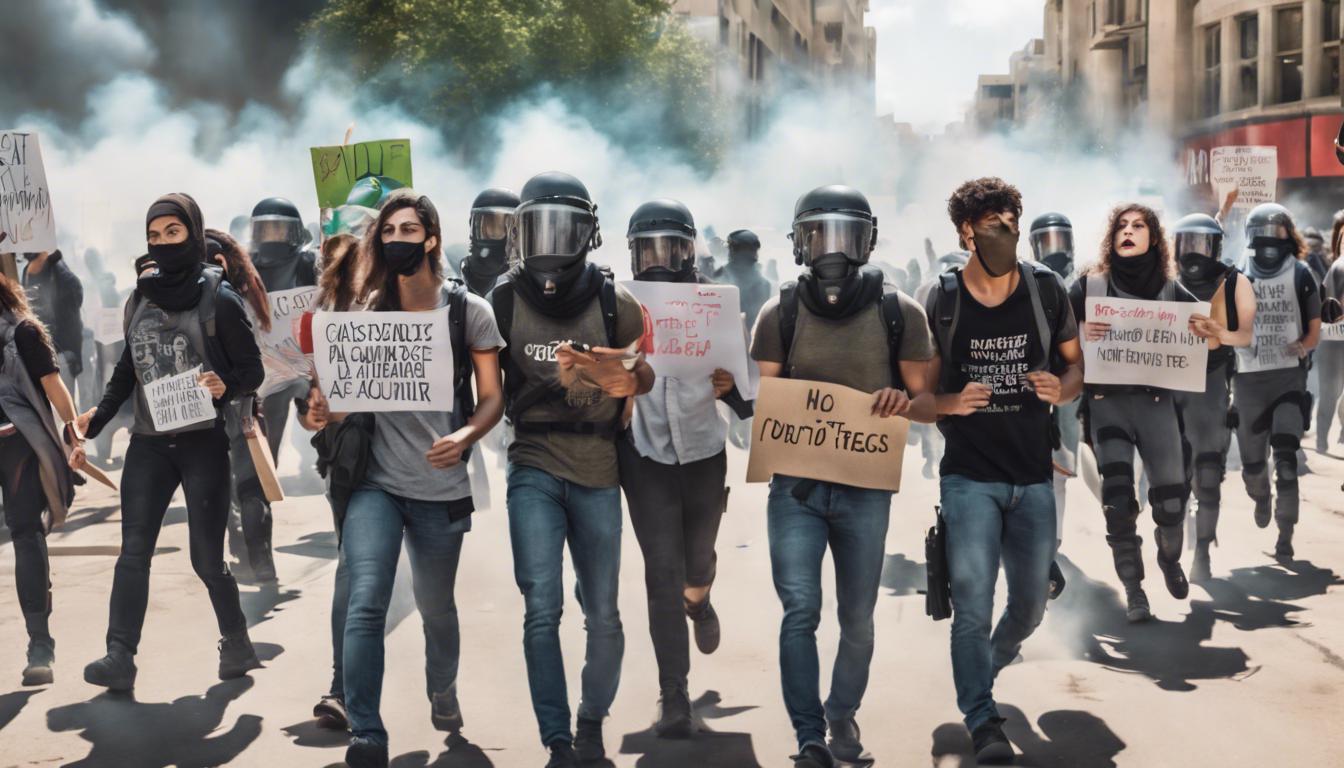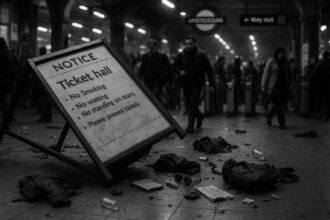Widespread Gaza solidarity protests across U.S. universities have led to over 500 arrests, with severe police responses and political tensions escalating over the current conflict in Gaza.
Over 500 arrests have been made during Gaza solidarity protests taking place on U.S. college campuses, sparked by the ongoing conflict in Gaza. These protests, initiated at Columbia University, have expanded nationally, with students demanding that universities cut ties with companies that support Israel. The police response has been severe, including instances of using tasers on restrained individuals and deploying tear gas. The widespread arrests and confrontations have raised concerns about excessive police force.
In the midst of these tensions, U.S. House Speaker Mike Johnson has been heavily criticized for his controversial comments on a CNN interview, in which he claimed Hamas was involved in the student protests and made unverified allegations of severe atrocities. His statements, particularly about infants being purportedly harmed by Hamas, have been denounced as misinformation and potentially inciting violence against protestors.
Additionally, the situation has caught the attention of prominent figures such as Bernie Sanders, who has challenged Israeli Prime Minister Benjamin Netanyahu’s labeling of the American student protestors as antisemitic. Sanders stressed that criticizing the Israeli government’s actions in Gaza, which have resulted in significant destruction and casualties, should not be conflated with antisemitism.
These events have ignited widespread debate across the U.S. regarding free speech, the right to protest, and the handling of antisemitism and anti-Israel sentiments in educational institutions. The ongoing protests are drawing comparisons to significant historical student movements, highlighting the intense political and social ramifications of the Gaza conflict within the United States.













